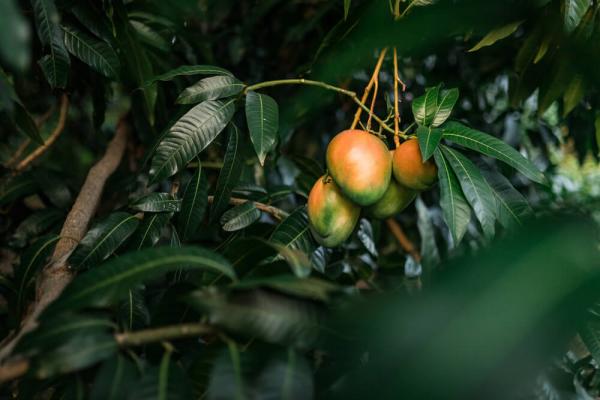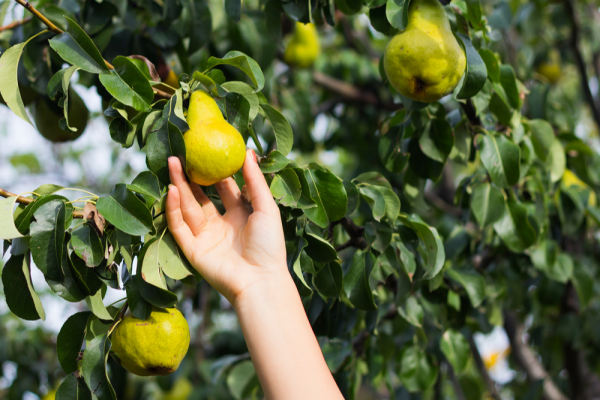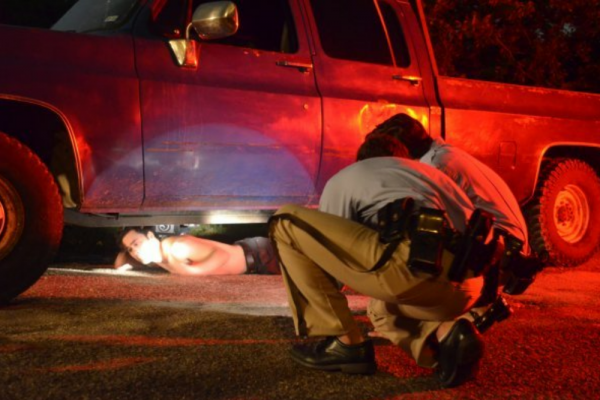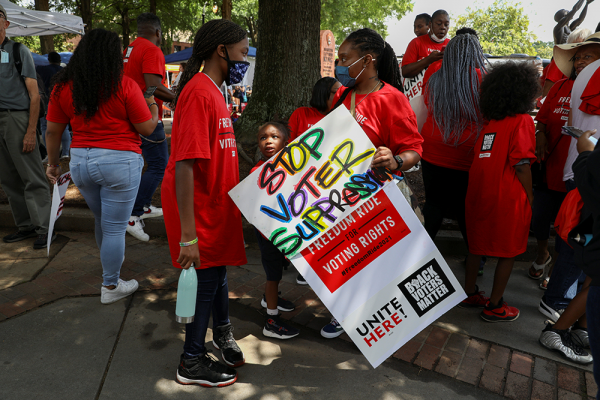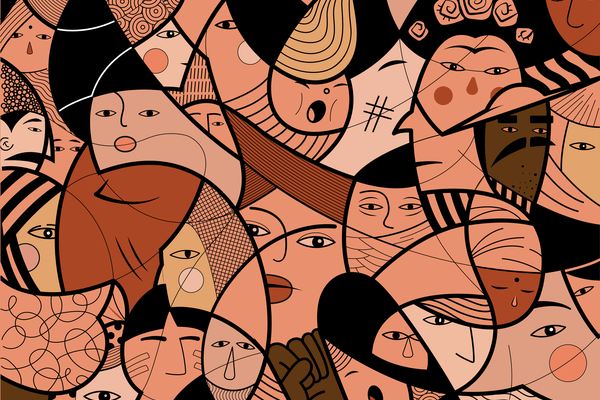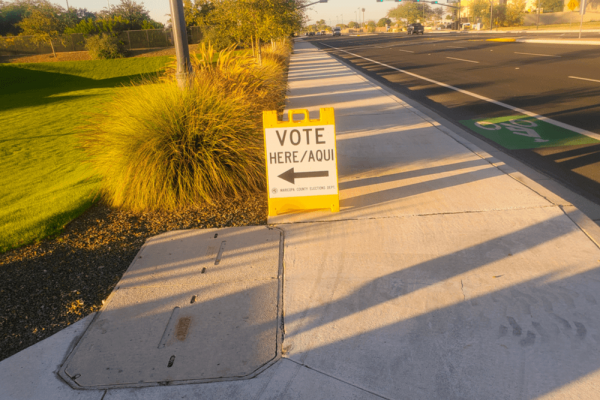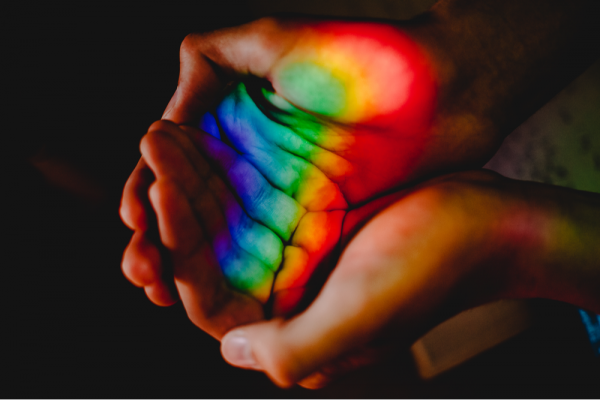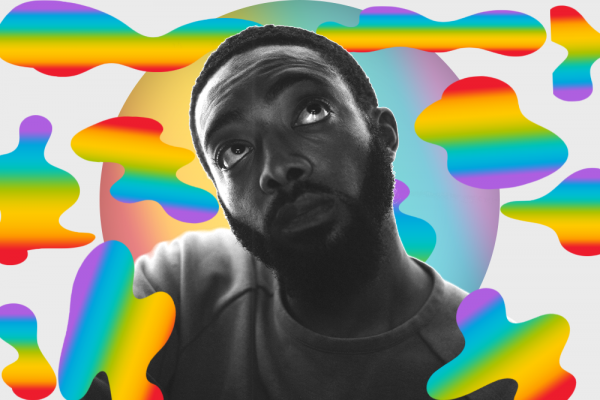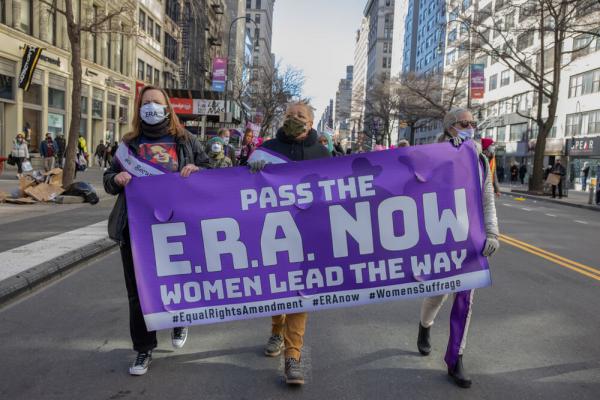Abuelita theology is birthed from the reality that in Latine religious culture, matriarchal figures serve as the core of preserving and passing on religious traditions, beliefs, practices, and spirituality within the family.
In his spiritual memoir, Confessions, St. Augustine spends the better part of a chapter recounting how, as a teenager, he and his buddies once “filched immense loads” of pears from a neighbor’s tree. This and other confessions drew our attention this week.
I urge everyone to see The Phantom. It breaks new ground — uncovers new evidence — that cements the conclusion I have maintained since 2006: Carlos DeLuna was an innocent man who was executed for a crime he did not commit.
Rev. Carl McCrae, bishop and founding pastor of Exousia Lighthouse International Christian Ministries in Lithonia, Georgia, remembers that his grandfather was one of the first people to vote in Georgia’s Montgomery County. Government officials attempted to prevent his grandfather from voting — until a white man vouched for him. Now, McCrae sees his ministry as continuing his grandfather’s fight for Black and brown Americans’ voting rights.
“I don't see a discontinuation between what I do in the pulpit on Sundays and what I do every day of the week,” McCrae told Sojourners. “That is to advocate for people of color and marginalized people as the systems that are rigged against them seek to destroy them.”
Religion can be a source of resilience and strength for individual refugees as well as the refugee community as a whole. Mosques, temples, and other sites of worship and ritual practice foster rich social networks, generous mutual aid, and meaningful forms of spiritual and cultural connection. Religious institutions, long recognized as pillars of ethnic community life, are especially vital for refugees who have experienced the traumas of war, forced migration, and resettlement.
The U.S. Supreme Court on Thursday endorsed two Republican-backed ballot restrictions in Arizona that a lower court found had disproportionately burdened Black, Latino and Native American voters, handing a defeat to voting rights advocates and Democrats who had challenged the measures.
The 6-3 ruling, with the court's conservative justices in the majority, held that the restrictions on early ballot collection by third parties and where absentee ballots may be cast did not violate the Voting Rights Act, a landmark 1965 federal law that prohibits racial discrimination in voting.
Shepherding God, be palpably present with us when we dance, snuggle, and enjoy the sensations of the creation you declare good.
Help us to name, define, redefine, deconstruct, claim, and properly pronoun our fabulousness. We commit to properly naming and pronouning the fabulousness of others.
Jeremiah Givens — better known as the rapper JGivens — suggests that you think of him as “your favorite rapper’s favorite rapper.” He makes the suggestion with a smile, in some jest, but he still means it.
Givens, now a veteran emcee, has been a premier rapper in the niche genre of Christian hip-hop (CHH) for the last decade. Musically, Givens is known for his smooth and sporadic delivery, his lyrical wordplay, and his willingness to share his life transparently on the microphone. But during the beginning of his career, there were parts of his life he had to keep hidden.
June 30 marks the end of Pride Month, and Beloved Arise is closing out celebrations with its second annual Queer Youth of Faith Day. The organization, dedicated to LGBTQ youth of faith, is joined by several co-hosts, including LGBTQ youth suicide prevention organization The Trevor Project, LGBTQ advocacy organization PFLAG, Jewish Queer Youth, Q Christian Fellowship, and Interfaith Alliance.
Greater support for women and LGBTQ rights aligns with greater religious freedom protections. A study by Brian J. Grim at the Religious Freedom and Business Foundation found that “the average level of religious freedom is 36% higher in the countries with higher levels of support for LGBT rights than in countries with low levels of support for LGBT rights.” The expansion of human rights is good for religious freedom. This shouldn’t surprise us: A culture that values human rights for women and LGBTQ people will also value human rights for religious people.
